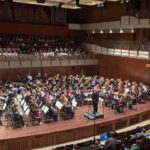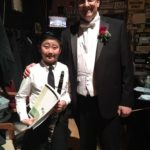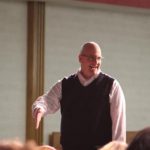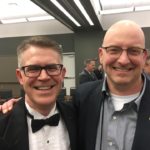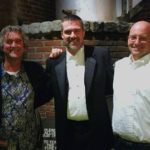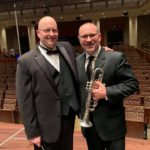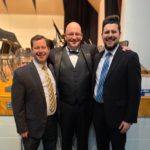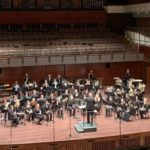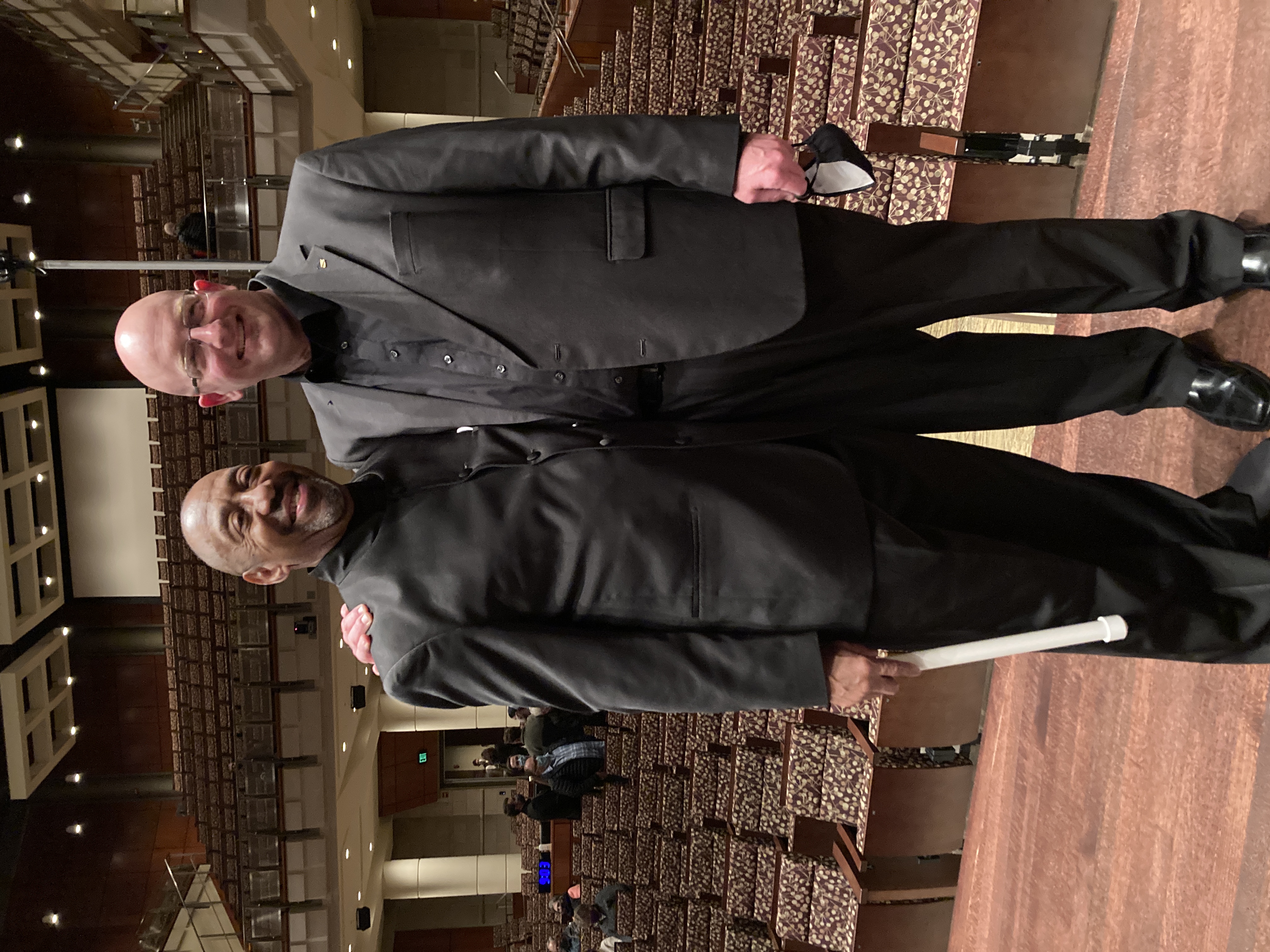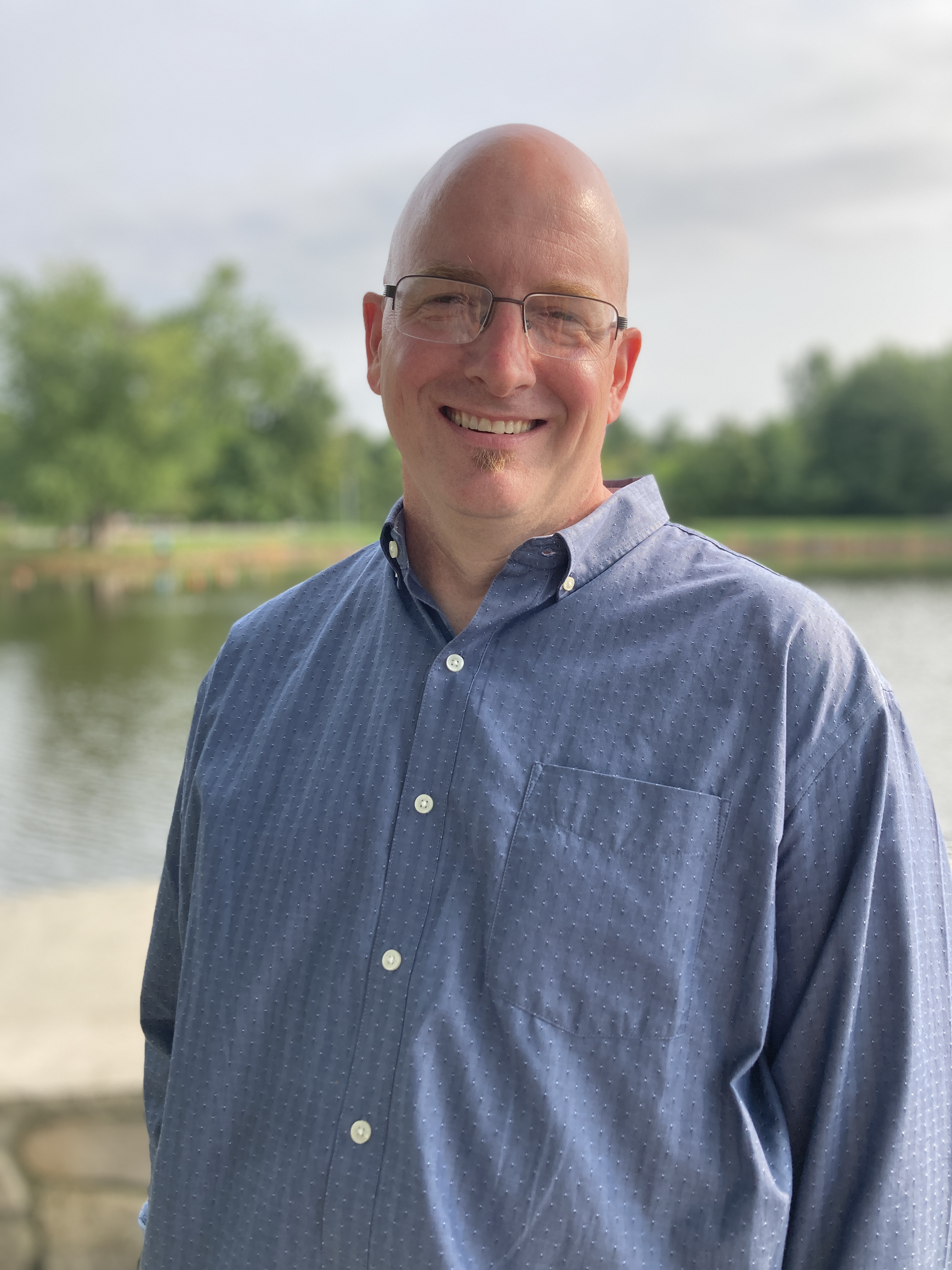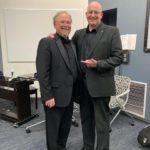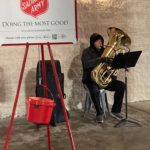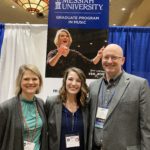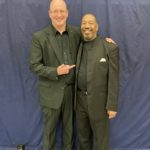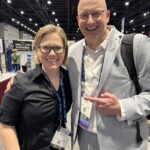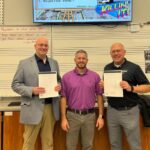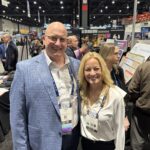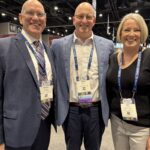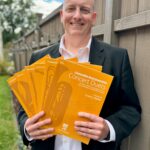
A Year in Programming
A year in programming for bands should reflect discovery and growth, a sonic journey well-lived and experienced. For many students, repertoire is the means through which they develop skills, experience concepts in situations that matter, develop artistic insight, and connect emotionally to music. It is a weighty task for directors at any level. Programming can be dictated by the kind of ensemble, the purpose of the performance, the general ability of the players, and the amount of time to prepare the repertoire. There are plenty of other aspects including the fundamentals of music (melody, harmony, rhythm, timbre), the piece type (e.g., fanfare, ballad, overture, novelty work, march), the artistic and pedagogical value, and the R level of the work (e.g., Resilience, Recency, Rigor, Relevance, Refreshment, and Reflection). With so many options available, good choices abound.
When it comes to making music first choices that best benefit the students who study, experience, and perform this music, directors need to remember there is not a universal solution. Each band program is made up of different students, unique schedules, and various annual goals that the director is trying to meet through the repertoire and other materials. The skill level and experience of both director and students factor into programming. Selecting quality repertoire over the course of the year means thinking carefully about whether or not the students will have a quality experience as they practice and eventually perform a piece. Quality itself is an elusive term, and quality repertoire does not always equate with a quality experience. The quality experience directors seek comes from selecting different types of pieces, different voices, different textures, and different musical values that allow the students to grow as people and musicians.
As a composer, I have generally turned down requests to do more than one of my pieces as a clinician/conductor for honor bands. The most I can agree to be comfortable with, and still accomplish my goals for that group is two pieces. I can only tell part of a story through my music. There are others and their works who help to create an experience that is truly unique and connects to the students in a meaningful way – musically, emotionally, socially, and intellectually. While I may not know the context or the conditions, I cannot see the value in a concert program with only one composer being represented as healthy for anyone involved. I didn’t like it years ago as a young director seeing the likes of Curnow and Smith do it, and I like it even less now. Composers who choose to program in this fashion are revealing a layer of egoism and laziness that is both disrespectful and disingenuous to other composers, the ensemble, the history of band repertoire at all levels, and the band profession at large.
I am currently in the home stretch for programming for ensembles this year. It is rewarding – I have made new friends with several pieces and have revisited with some old friends as well. My first journey with several works were inspiring, yet challenging. Several works that I returned to revealed new layers to me that enhanced my own creative vision in interpretation. The sum of a year of programming for bands should look back into our wonderful history of repertoire, celebrate under-programmed works and composers, and look forward to new works that bring out the best in our skills as conductors and the development of student musicians.
In no particular order, these are the works that I have programmed over the past year. The title, the composer, the piece type, and the type of ensemble has been listed. This represents four concerts with the group I am blessed to conduct at Messiah University and three different middle and high school honor bands that I am thankful to have been invited to guest conduct. If you have questions about any of these works, please drop me a comment.
Fanfare Hayabusa – Satoshi Yagisawa – Fanfare – University Ensemble, PA & DC HS Honor Band
Nettleton – arr. Johnnie Vinson – Lyric work/Hymn Tune – University Ensemble
Mystery on Mena Mountain – Julie Giroux – Programmatic Overture – University Ensemble
Flourish for Wind Band – Ralph Vaughan Williams – Fanfare – University Ensemble
A Comet’s Tale – Travis J. Weller – Programmatic Work – University Ensemble
1861 – Johnathan Newman – Lyric work/Hymn Tune – University Ensemble
Alegria – Carol Brittin Chambers – Overture/Closer – University Ensemble, DC HS Honor Band
Skyborne! – Fisher Anderson – Fanfare – University Ensemble
New Wade N’Water – Adolphus Hailstork – University Ensemble, DC HS Honor Band
Safely Rest – Nicole Piunno – Lyric work/Hymn Tune – University Ensemble
Greek Folk Song Suite – Franco Cesarini – Suite/Essential Work – University Ensemble
Spoon River – Percy Grainger – Folk Song/Essential Work – PA HS Honor Band
Letting Go – Mark Surovchak – Lyric Work – PA HS Honor Band
Terpsichorean Dances – Jodie Blackshaw – Emerging Work/Suite – PA HS Honor Band
Loch Lomond – Frank Ticheli – Folk Song – PA HS Honor Band
Joy Be To You All (The Parting Glass) – Travis J. Weller – Folk Song Setting – PA HS Honor Band
Overture in Bb – Caesar Giovannini – Overture/Essential Work – DC HS Honor Band
Pirates! – Travis J. Weller – Suite/Programmatic Work – DC HS Honor Band
Rejoice, Dolce, & Dance – Quincy Hilliard – Contiguous Suite – PA MS Honor Band
Byzantine Dances – Carol Brittin Chambers – Dance/Closer – PA MS Honor Band
Blue Sky Horizon – Randall Standridge – Opener – PA MS Honor Band
The Forge of Vulcan – Michael Sweeney – Programmatic Work/Essential Work – PA MS Honor Band
Melodious Thunk – David Biederbender – Novelty/Fusion Work – University Ensemble
O Mio Babbino Caro – Giacomo Puccini/arr. Brian Balmages – Tuba Solo Feature – University Ensemble
Action Sonata – Brian Sadler – Tuba Solo Feature/Fusion Work – University Ensemble
Be Thou My Vision – Travis Cross – Lyric Work/Hymn Tune – University Ensemble
Spring Festival – Chen Yi – Fanfare/Emerging Work – University Ensemble
Aspire – Mark Lortz – Fanfare – PA MS Honor Band
Marching Song – Gustav Holst/arr. John Moss – Essential Work – PA MS Honor Band
Whirlwind – Jodie Blackshaw – Novelty Work – PA MS Honor Band
Journey to the Prairie – Travis J. Weller – Programmatic Work – PA MS Honor Band (twice)
This year in programming has been rewarding in so many ways. I look forward to the challenging of creating another meaningful journey to share with the ensembles and students that I conduct in the future. As we celebrate music in our schools month, I hope each director can look back at their repertoire choices for the year and think about a year in programming that is well-lived.

